Post by pjotr on Jul 29, 2019 18:10:35 GMT 1
Sociology in Poland
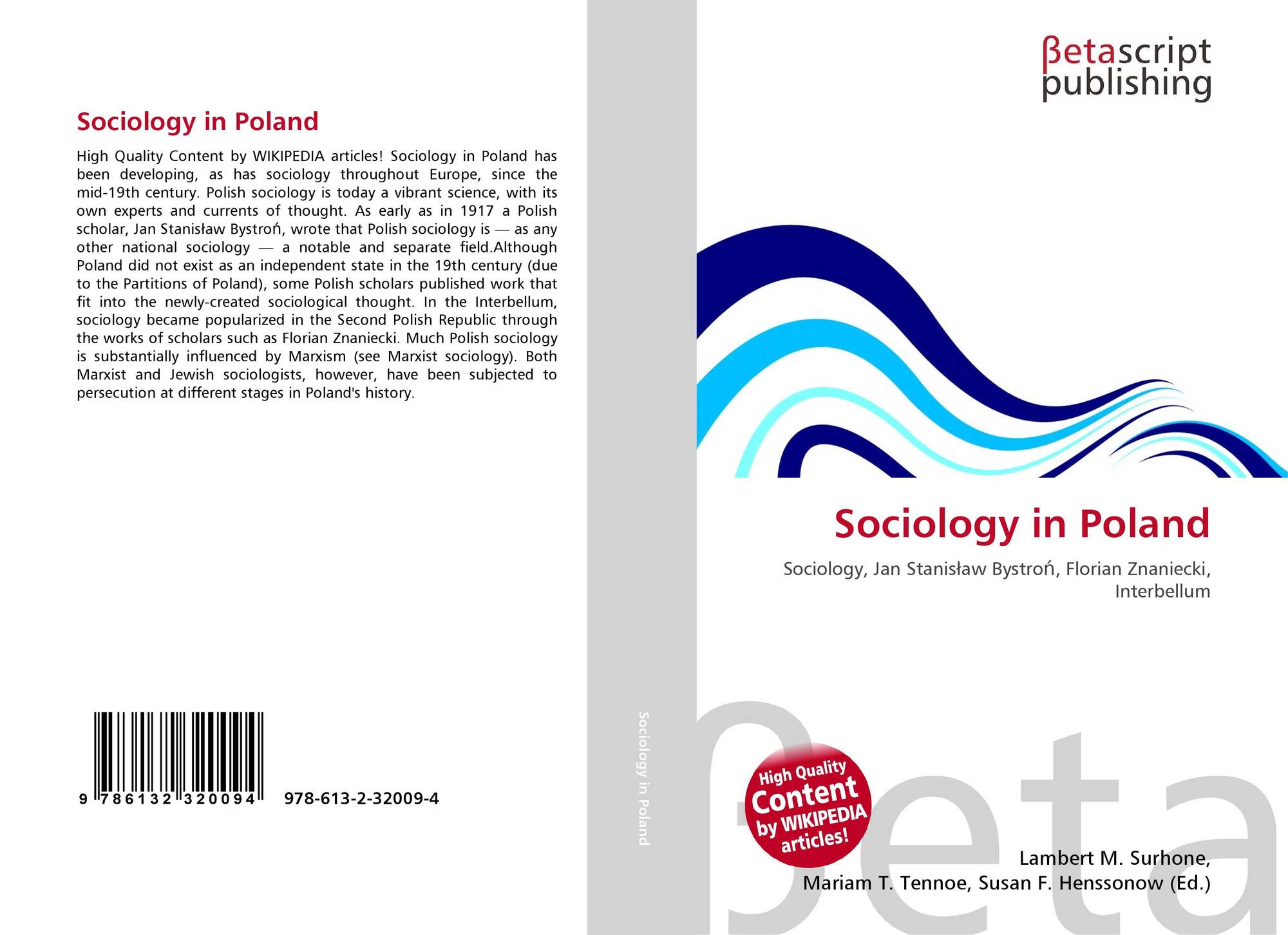
Sociology in Poland has been developing, as has sociology throughout Europe, since the mid-19th century. Polish sociology is today a vibrant science, with its own experts and currents of thought. As early as in 1917 a Polish scholar, Jan Stanisław Bystroń, wrote that Polish sociology is — as any other national sociology — a notable and separate field.
"Is the term 'Polish sociology' justified, as science is universal and does not know state or national borders? [...] Academics of a given nationality deal with some problems more often [...] When we turn our attention to Polish sociological theories, one cannot fail to notice ... that they were evoked by other needs and other problems that a different theoretical answer than in Western science" — Jan Stanisław Bystroń, 1917
Although Poland did not exist as an independent state in the 19th century (due to the Partitions of Poland), some Polish scholars published work that fit into the newly created sociological thought. In the Interbellum, sociology became popularized in the Second Polish Republic through the works of scholars such as Florian Znaniecki. Much Polish sociology is substantially influenced by Marxism (see Marxist sociology). A number of Polish-Jewish sociologists including Zygmunt Bauman have been subjected to anti-Semitic government campaign of 1968.
History

The first Polish sociological text was Myśl ogólna fizjologii powszechnej (General Thought on Universal Physiology), written and published by economist Józef Supiński in 1860. The first Polish sociological thought reflected the currents of the early sociology and thoughts of the discipline's three founding fathers :Auguste Comte's (positivism), Karl Marx's (Marxism) and theories of Émile Durkheim. Prominent among the first Polish sociologists were Ludwik Gumplowicz, Leon Petrażycki, Edward Abramowski, and Kazimierz Kelles-Krauz.
Myśl ogólna fizjologii powszechnej

Józef Supiński
Myśl ogólna fizjologii powszechnej (także: Myśl ogólna fizyologii powszechnej) – praca Józefa Supińskiego z 1860, będąca filozoficzno-socjologiczną, teoretyczną podbudową do sformułowanej przez niego teorii ekonomii społeczne].
Dzieło było próbą stworzenia fizyki społecznej, czyli socjologii i opierało się na koncepcjach stworzonych przez Augusta Comta. Praca jest uznawana za pierwszą polską rozprawę socjologiczną, a jej wydanie za symboliczne narodziny polskiej socjologii.
Dzieło wywołało kontrowersyjne oceny publicystów i naukowców. Józef Łukaszewicz w swoim Rysie dziejów piśmiennictwa ocenił je jako jedno z najznakomitszych w naszym piśmiennictwie. Antoni Morzycki stwierdził, że dziełem tak znakomitym, równie wykładem, jak treścią, mogłaby się poszczycić każda literatura najwyżej w cywilizacji posuniętego narodu. Dziennik Poznański w 1860 pisał, że publikacja zasługuje na pilną uwagę, ponieważ jest owocem głębokich, sumiennych i długoletnich rozmyślań i studiów pisarza naukowo i wielostronnie wykształconego. Z kolei Czas zrecenzował ją w sposób kpiący, a Dziennik Literacki wręcz potępił z uwagi na zbytnie podporządkowanie ducha materii, a także poddanie przyszłości historycznej jakiemuś fatalizmowi praw odwiecznych.
W pracy Supiński sformułował tezę, że nauka gospodarstwa społecznego winna mieć charakter przede wszystkim narodowy. Ekonomia winna być zaszczepiana na bazie prawd odkrytych już powszechnie, gdzie indziej, ale karmić się musi w swym rozumowaniu miejscowymi sokami, powinna mieć tło życia narodowego i nosić znamiona swojego klimatu. W tym samym duchu definiuje też pojęcie wartości, jako przymiot rzeczy zaspokajającej nasze życzenia (za Fryderykiem Skarbkiem).
W latach 1860–1879, a więc u zarania polskiej socjologii, była szóstą najczęściej cytowaną pozycją socjologiczną wśród osób zajmujących się tą dziedziną wiedzy. W latach 1872 i 1883 ukazały się jej wznowienia[1] pod zmienionym tytułem: Myśl ogólna fizjologii wszechświata.
Sociology in Poland developed significantly during the interbellum period, when it came out from its niche to become a respectable, mainstream science. The first attempt to create a chair in sociology in the early 20th century in Kraków was unsuccessful, but chairs would be created in the 1920s (in Poznań in 1920, Warsaw in 1923 and Kraków, 1930). In that period, the most notable Polish sociologist would be Florian Znaniecki, who founded the first chair of sociology in Poland and whose influence made the University of Poznań a major Polish centre for sociology. Other Polish notable sociologists of that period include Ludwik Krzywicki, Jan Stanisław Bystroń, Stefan Czarnowski, and not least Bronisław Malinowski, a sociologist and anthropologist, who would gain international fame during that period. The first specialized research institutes were created around that time: The Institute of Social Economy in Warsaw (1920) headed by Krzywicki and the Institute of Sociology in Poznan (1921) headed by Znaniecki. The first sociological journals were also published in this period.

Ludwik Krzywicki
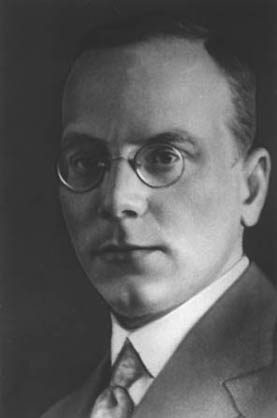
Jan Stanisław Bystroń
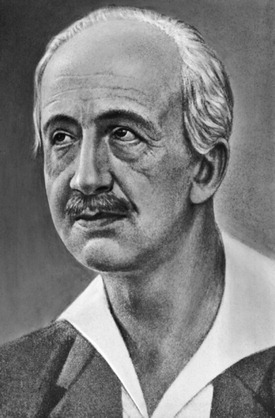
Stefan Czarnowski

Bronisław Malinowski
World War II interrupted the development of Polish science, as both the Nazi Germany and the Soviet Union, who occupied Poland closed down Polish educational and research institutions and persecuted Polish intelligentsia, including social scientists (see Polish culture during World War II for details). In the early period in communist Poland (the Stalinist period of 1948-1956), sociology was banned by the communist authorities as a bourgeois pseudoscience (see also suppressed research in the Soviet Union). Polish sociology was, however, revived following the Gomułka's Thaw in 1956, with the foundation of the Polish Sociological Association and with Warsaw and Łódź becoming a major centers for sociological studies. Later on, Polish sociology (as all other social sciences in the communist bloc) had to deal with Marxist influence and political interference. Due to these developments, Marxist approaches were overrepresented and some studies were censored or not allowed (for example, research was restricted into political organization of society, to prevent scholars from openly advocating ideas that might have undermined the communist government). This also led to circulation of underground, illegal publications (bibuła). The notable names of the early postwar period include Stanisław Ossowski and his wife, Maria Ossowska, Julian Hochfeld, Józef Chałasińsk] and Andrzej Malewski. Zygmunt Bauman fled the University of Warsaw to work at the University of Leeds in the United Kingdom.
The history and thought of Polish sociology is a significant field in Poland, but most of the body of the work in that field has only been published in the Polish language. A biographical dictionary of Polish sociology, which had its first volume published in 2001, dealing only with scholars of surnames A to H, who had died, includes two hundred and thirteen sociologists.
Throughout its history, even during the times of partition and under the communist regime, Polish sociology was influenced by the developments of the theory in the West.Some Poles were the International Sociological Association’s officers: Jan Szczepański was president (1966-1970), Stanisław Ossowski vice-president (1959-1962), and Magdalena Sokołowska vice-president (1978-1982). The Polish Sociological Association was also relatively independent. Even under the communist regime, the freedom of Polish academics seemed to have been greater than in other communist countries, and thus Polish academics often spread Western ideas among their colleagues in the East and South.
Trends
During the interbellum period, Polish sociology was most closely related to the neopositivist currents of thought. During the communist time, in addition to unavoidable stress on the Marxist approach, Polish sociologists also pursued Znaniecki's humanistic sociology and other approaches. After the fall of communism, the Marxist approach became quickly marginalized; two major research institutions which advocated the Marxist approach to sociology - the Institute for Basic Problems of Marxism-Leninism and the Academy for Social Sciences were closed. Marxist themes are still present in Polish sociology, but are not dominant. No single theory or ideology has replaced it, although many Polish sociologists are adherents of theoretical liberalism. There is also a trend of a retreat from "theory as such" and from the general methodology of the social sciences. Studies into methodology of empirical research, both qualitative and quantitative, are popular.
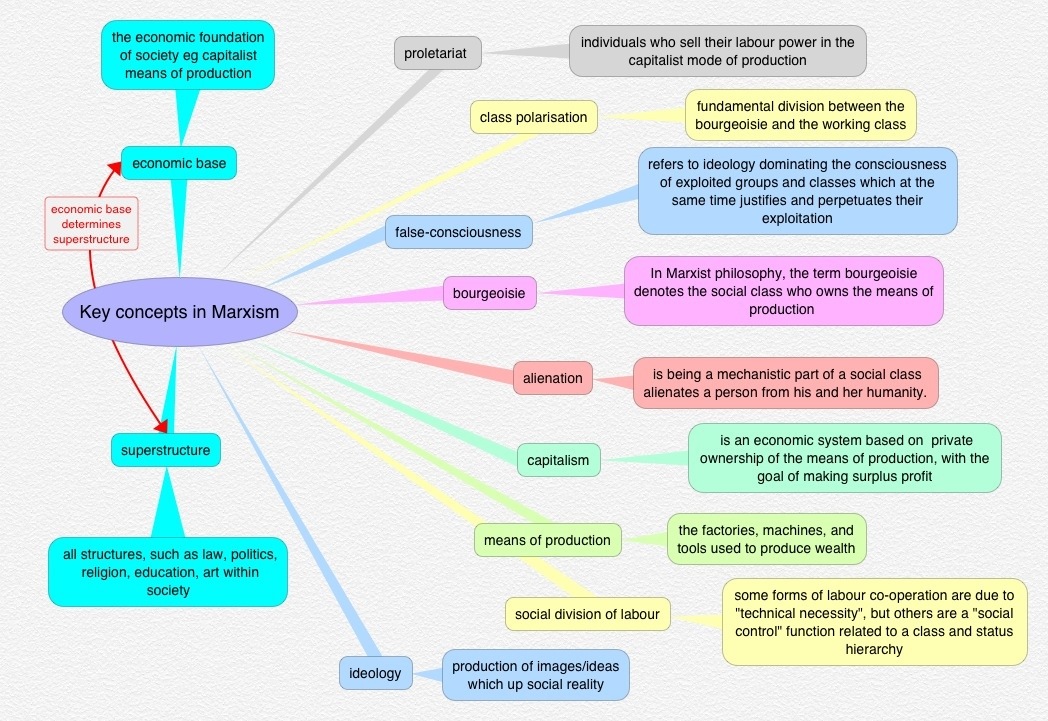
In terms of common themes, since 1990, Polish sociologists have studied issues such as the socioeconomic transformation in Poland (related to the transformation of the Polish economy from communist to capitalist, with focus on issues such as privatization, private entrepreneurship, rise of new social classes, poverty, unemployment and corruption); the changes of political life in Poland (evolution of the new political parties, elections, public sphere); gender research; religiosity and ethnic groups.
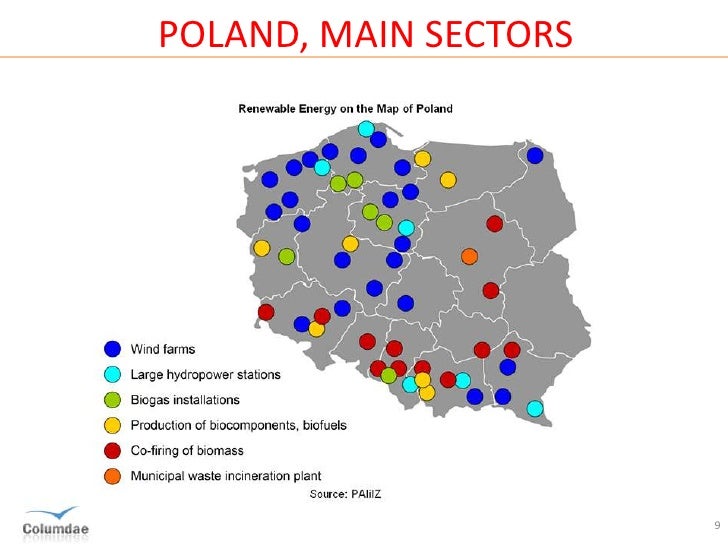
The number of sociological books on the market has grown rapidly since 1989, with publishing houses specializing in sociology. Polish sociologists and their institutions have also increased participation in various international organizations and research programs. At the end of the 1990s, altogether, about 11,000 people majored in sociology on the BA and MA levels in both public and private schools. All major Polish universities offer degrees in sociology.

Sociology in Poland has been developing, as has sociology throughout Europe, since the mid-19th century. Polish sociology is today a vibrant science, with its own experts and currents of thought. As early as in 1917 a Polish scholar, Jan Stanisław Bystroń, wrote that Polish sociology is — as any other national sociology — a notable and separate field.
"Is the term 'Polish sociology' justified, as science is universal and does not know state or national borders? [...] Academics of a given nationality deal with some problems more often [...] When we turn our attention to Polish sociological theories, one cannot fail to notice ... that they were evoked by other needs and other problems that a different theoretical answer than in Western science" — Jan Stanisław Bystroń, 1917
Although Poland did not exist as an independent state in the 19th century (due to the Partitions of Poland), some Polish scholars published work that fit into the newly created sociological thought. In the Interbellum, sociology became popularized in the Second Polish Republic through the works of scholars such as Florian Znaniecki. Much Polish sociology is substantially influenced by Marxism (see Marxist sociology). A number of Polish-Jewish sociologists including Zygmunt Bauman have been subjected to anti-Semitic government campaign of 1968.
History

The first Polish sociological text was Myśl ogólna fizjologii powszechnej (General Thought on Universal Physiology), written and published by economist Józef Supiński in 1860. The first Polish sociological thought reflected the currents of the early sociology and thoughts of the discipline's three founding fathers :Auguste Comte's (positivism), Karl Marx's (Marxism) and theories of Émile Durkheim. Prominent among the first Polish sociologists were Ludwik Gumplowicz, Leon Petrażycki, Edward Abramowski, and Kazimierz Kelles-Krauz.
Myśl ogólna fizjologii powszechnej

Józef Supiński
Myśl ogólna fizjologii powszechnej (także: Myśl ogólna fizyologii powszechnej) – praca Józefa Supińskiego z 1860, będąca filozoficzno-socjologiczną, teoretyczną podbudową do sformułowanej przez niego teorii ekonomii społeczne].
Dzieło było próbą stworzenia fizyki społecznej, czyli socjologii i opierało się na koncepcjach stworzonych przez Augusta Comta. Praca jest uznawana za pierwszą polską rozprawę socjologiczną, a jej wydanie za symboliczne narodziny polskiej socjologii.
Dzieło wywołało kontrowersyjne oceny publicystów i naukowców. Józef Łukaszewicz w swoim Rysie dziejów piśmiennictwa ocenił je jako jedno z najznakomitszych w naszym piśmiennictwie. Antoni Morzycki stwierdził, że dziełem tak znakomitym, równie wykładem, jak treścią, mogłaby się poszczycić każda literatura najwyżej w cywilizacji posuniętego narodu. Dziennik Poznański w 1860 pisał, że publikacja zasługuje na pilną uwagę, ponieważ jest owocem głębokich, sumiennych i długoletnich rozmyślań i studiów pisarza naukowo i wielostronnie wykształconego. Z kolei Czas zrecenzował ją w sposób kpiący, a Dziennik Literacki wręcz potępił z uwagi na zbytnie podporządkowanie ducha materii, a także poddanie przyszłości historycznej jakiemuś fatalizmowi praw odwiecznych.
W pracy Supiński sformułował tezę, że nauka gospodarstwa społecznego winna mieć charakter przede wszystkim narodowy. Ekonomia winna być zaszczepiana na bazie prawd odkrytych już powszechnie, gdzie indziej, ale karmić się musi w swym rozumowaniu miejscowymi sokami, powinna mieć tło życia narodowego i nosić znamiona swojego klimatu. W tym samym duchu definiuje też pojęcie wartości, jako przymiot rzeczy zaspokajającej nasze życzenia (za Fryderykiem Skarbkiem).
W latach 1860–1879, a więc u zarania polskiej socjologii, była szóstą najczęściej cytowaną pozycją socjologiczną wśród osób zajmujących się tą dziedziną wiedzy. W latach 1872 i 1883 ukazały się jej wznowienia[1] pod zmienionym tytułem: Myśl ogólna fizjologii wszechświata.
Sociology in Poland developed significantly during the interbellum period, when it came out from its niche to become a respectable, mainstream science. The first attempt to create a chair in sociology in the early 20th century in Kraków was unsuccessful, but chairs would be created in the 1920s (in Poznań in 1920, Warsaw in 1923 and Kraków, 1930). In that period, the most notable Polish sociologist would be Florian Znaniecki, who founded the first chair of sociology in Poland and whose influence made the University of Poznań a major Polish centre for sociology. Other Polish notable sociologists of that period include Ludwik Krzywicki, Jan Stanisław Bystroń, Stefan Czarnowski, and not least Bronisław Malinowski, a sociologist and anthropologist, who would gain international fame during that period. The first specialized research institutes were created around that time: The Institute of Social Economy in Warsaw (1920) headed by Krzywicki and the Institute of Sociology in Poznan (1921) headed by Znaniecki. The first sociological journals were also published in this period.

Ludwik Krzywicki

Jan Stanisław Bystroń

Stefan Czarnowski

Bronisław Malinowski
World War II interrupted the development of Polish science, as both the Nazi Germany and the Soviet Union, who occupied Poland closed down Polish educational and research institutions and persecuted Polish intelligentsia, including social scientists (see Polish culture during World War II for details). In the early period in communist Poland (the Stalinist period of 1948-1956), sociology was banned by the communist authorities as a bourgeois pseudoscience (see also suppressed research in the Soviet Union). Polish sociology was, however, revived following the Gomułka's Thaw in 1956, with the foundation of the Polish Sociological Association and with Warsaw and Łódź becoming a major centers for sociological studies. Later on, Polish sociology (as all other social sciences in the communist bloc) had to deal with Marxist influence and political interference. Due to these developments, Marxist approaches were overrepresented and some studies were censored or not allowed (for example, research was restricted into political organization of society, to prevent scholars from openly advocating ideas that might have undermined the communist government). This also led to circulation of underground, illegal publications (bibuła). The notable names of the early postwar period include Stanisław Ossowski and his wife, Maria Ossowska, Julian Hochfeld, Józef Chałasińsk] and Andrzej Malewski. Zygmunt Bauman fled the University of Warsaw to work at the University of Leeds in the United Kingdom.
The history and thought of Polish sociology is a significant field in Poland, but most of the body of the work in that field has only been published in the Polish language. A biographical dictionary of Polish sociology, which had its first volume published in 2001, dealing only with scholars of surnames A to H, who had died, includes two hundred and thirteen sociologists.
Throughout its history, even during the times of partition and under the communist regime, Polish sociology was influenced by the developments of the theory in the West.Some Poles were the International Sociological Association’s officers: Jan Szczepański was president (1966-1970), Stanisław Ossowski vice-president (1959-1962), and Magdalena Sokołowska vice-president (1978-1982). The Polish Sociological Association was also relatively independent. Even under the communist regime, the freedom of Polish academics seemed to have been greater than in other communist countries, and thus Polish academics often spread Western ideas among their colleagues in the East and South.
Trends
During the interbellum period, Polish sociology was most closely related to the neopositivist currents of thought. During the communist time, in addition to unavoidable stress on the Marxist approach, Polish sociologists also pursued Znaniecki's humanistic sociology and other approaches. After the fall of communism, the Marxist approach became quickly marginalized; two major research institutions which advocated the Marxist approach to sociology - the Institute for Basic Problems of Marxism-Leninism and the Academy for Social Sciences were closed. Marxist themes are still present in Polish sociology, but are not dominant. No single theory or ideology has replaced it, although many Polish sociologists are adherents of theoretical liberalism. There is also a trend of a retreat from "theory as such" and from the general methodology of the social sciences. Studies into methodology of empirical research, both qualitative and quantitative, are popular.

In terms of common themes, since 1990, Polish sociologists have studied issues such as the socioeconomic transformation in Poland (related to the transformation of the Polish economy from communist to capitalist, with focus on issues such as privatization, private entrepreneurship, rise of new social classes, poverty, unemployment and corruption); the changes of political life in Poland (evolution of the new political parties, elections, public sphere); gender research; religiosity and ethnic groups.

The number of sociological books on the market has grown rapidly since 1989, with publishing houses specializing in sociology. Polish sociologists and their institutions have also increased participation in various international organizations and research programs. At the end of the 1990s, altogether, about 11,000 people majored in sociology on the BA and MA levels in both public and private schools. All major Polish universities offer degrees in sociology.






